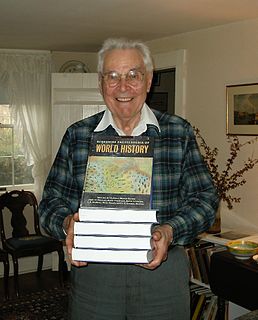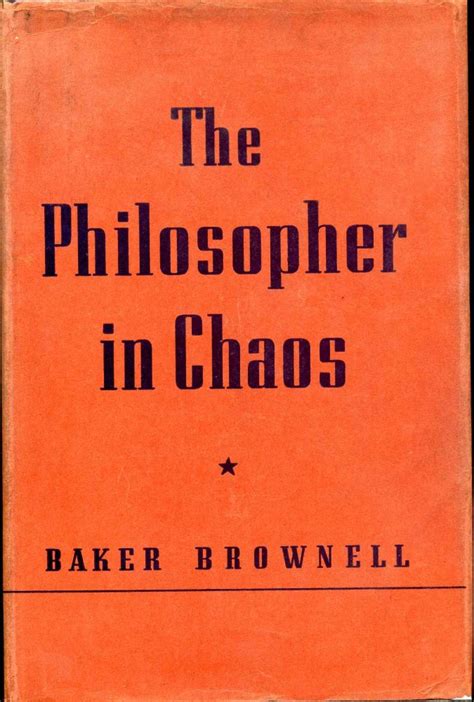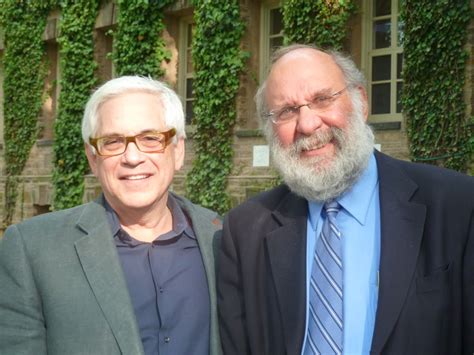A Quote by Amy Waldman
History is the history of human behavior, and human behavior is the raw material of fiction. Most people recognize that novelists do research to get the facts right - how a glove factory works, for example, or how courtesans in imperial Japan dressed.
Related Quotes
I've been searching for a genre that would be most adequate to my vision of the world to convey how my ear hears and my eyes see life. I tried this and that, and finally, I chose a genre where human voices speak for themselves. But I don't just record a dry history of events and facts; I'm writing a history of human feelings.
If one is going to offer children stories that underneath the story must be something that will inform, stimulate and guide, I love to be on board. I think anything that resonates with history, as does The Jungle Book and Watership Down, reflects patterns of behavior, power struggles, deprivation, migration, survival, joy, love, betrayal, and all of these things. It's tragic that children are encouraged to ignore history. We ignore history and any literature that is historically based in history. Even though both of those films involved animals, of course they reflect human behavior.
Art arises in those strange complexities of action that are called human beings. It is a kind of human behavior. As such it is not magic, except as human beings are magical. Nor is it concerned in absolutes, eternities, "forms," beyond those that may reside in the context of the human being and be subject to his vicissitudes. Art is not an inner state of consciousness, whatever that may mean. Neither is it essentially a supreme form of communication. Art is human behavior, and its values are contained in human behavior.
The steep ride up the and down the energy curve is the most abnormal thing that has ever happened in human history. Most of human history is a no-growth situation. Our culture is built on growth and that phase of human history is almost over and we are not prepared for it. Our biggest problem is not the end of our resources. That will be gradual. Our biggest problem is a cultural problem. We don't know how to cope with it.
I'm interested in history because it's a discipline that requires a lot of effort from the imagination. You need to put in a lot of imaginative effort to figure out how people lived in an era that is not yours. And in that understanding of people from a different era, I feel, is an important gateway into humanity. Because you understand human behavior. In order to understand humanity, history is important.
My view is that friendship permeates human life and is involved in almost everything we think, feel, and do. For that very reason, there is no behavior that is characteristic of friendship. Two people can engage in the very same behavior - visiting someone in hospital, for example - and yet only one of them might be doing so out of friendship; moreover, friends can be doing absolutely anything together, even quarrel or fight. That means that it is difficult, if not impossible, to recognize a friendship simply on the basis of what people do.
The history of science, like the history of all human ideas, is a history of irresponsible dreams, of obstinacy, and of error. But science is one of the very few human activities-perhaps the only one-in which errors are systematically criticized and fairly often, in time, corrected. This is why we can say that, in science, we often learn from our mistakes, and why we can speak clearly and sensibly about making progress there. In most other fields of human endeavour there is change, but rarely progress ... And in most fields we do not even know how to evaluate change.


































